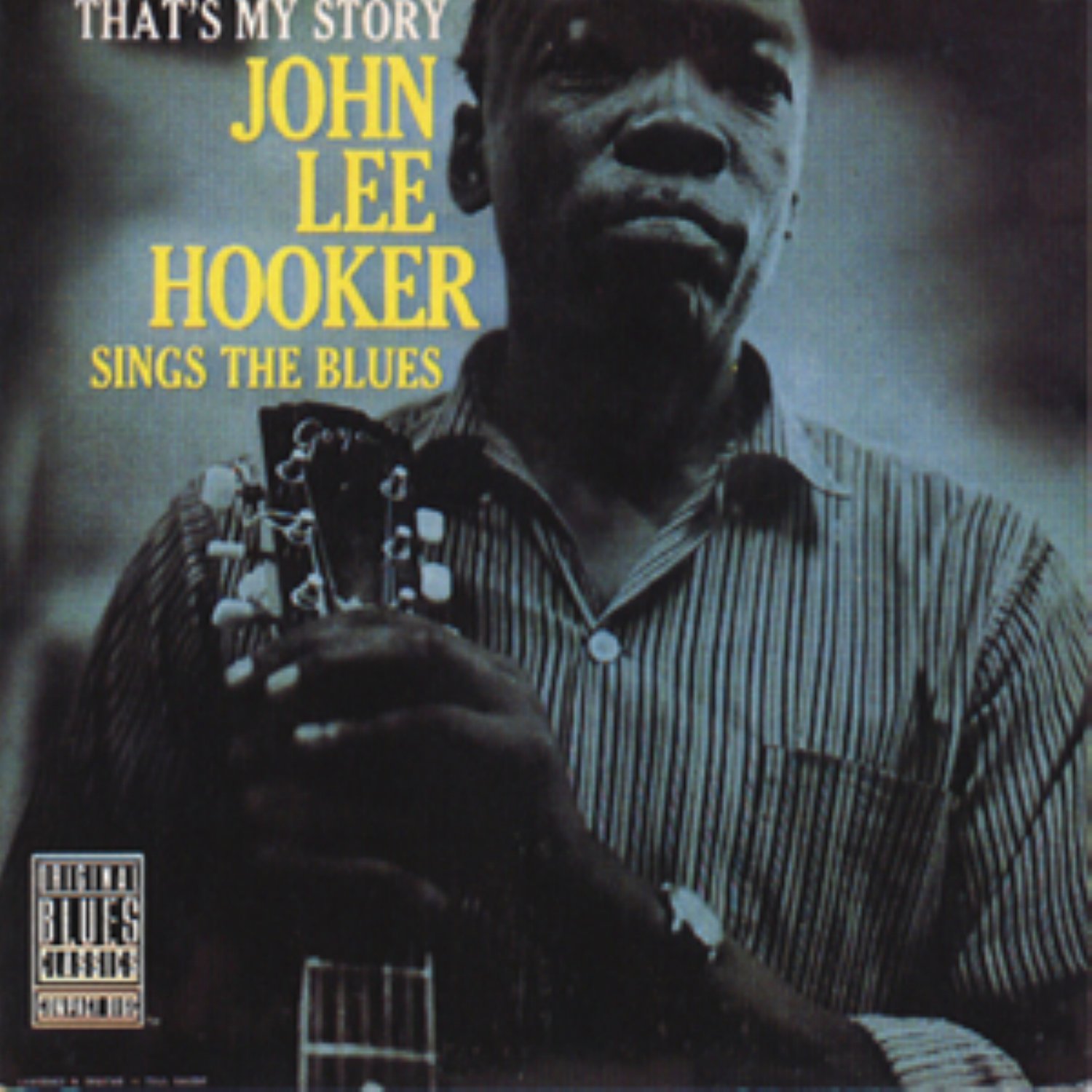In the dusky haze of American music, one figure looms large like an ancient oak—gnarled, twisted, and impossibly resilient. John Lee Hooker, born on this day in 1917, cast his shadow across the blues like a man conjuring spirits, his voice and guitar a shivering invocation. Hooker wasn't merely a musician; he was a conjurer, pulling rough-hewn truths from the deep wells of the human condition. His music wasn’t about meticulous precision—it was a living, breathing creature, raw as an open wound and as timeless as the first blues note ever plucked from a guitar string.
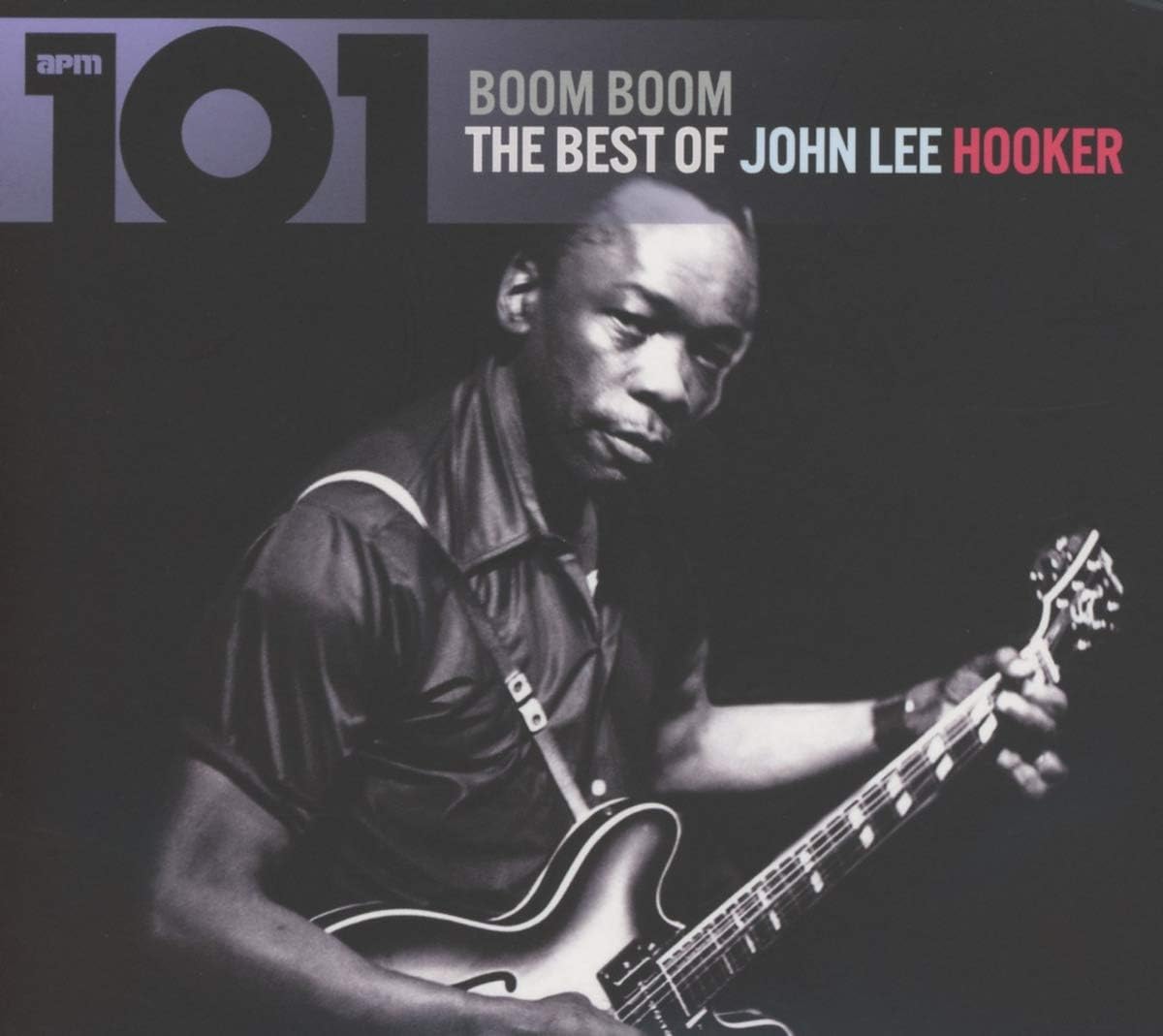
Let us gather around that fire for a moment and recall the echoing brilliance of John Lee Hooker’s greatest offerings. Songs like “Boogie Chillen” pulsate with the hypnotic rhythm that would become his signature, a relentless stomp that carries you through the back alleys of memory and myth. “Boom Boom,” with its sly, playful menace, creeps up on you like a panther in the night—stealthy, electric, undeniable. Then there is “Crawling King Snake,” a low rumble from the belly of the earth itself, pulling the listener into a world where every note is thick with sultry danger.
“Dimples,” with its infectious riff, may seem light, but beneath its surface lies a grin that knows far more than it lets on. “I’m in the Mood” dances seductively, its rhythm sliding like velvet across the skin, whispering things you can’t quite hear but certainly feel. “It Serves You Right to Suffer” lays bare the agony of love’s lash, while “House Rent Boogie” has that relentless drive, a tireless rhythm that chugs along like a coal train through the delta night.
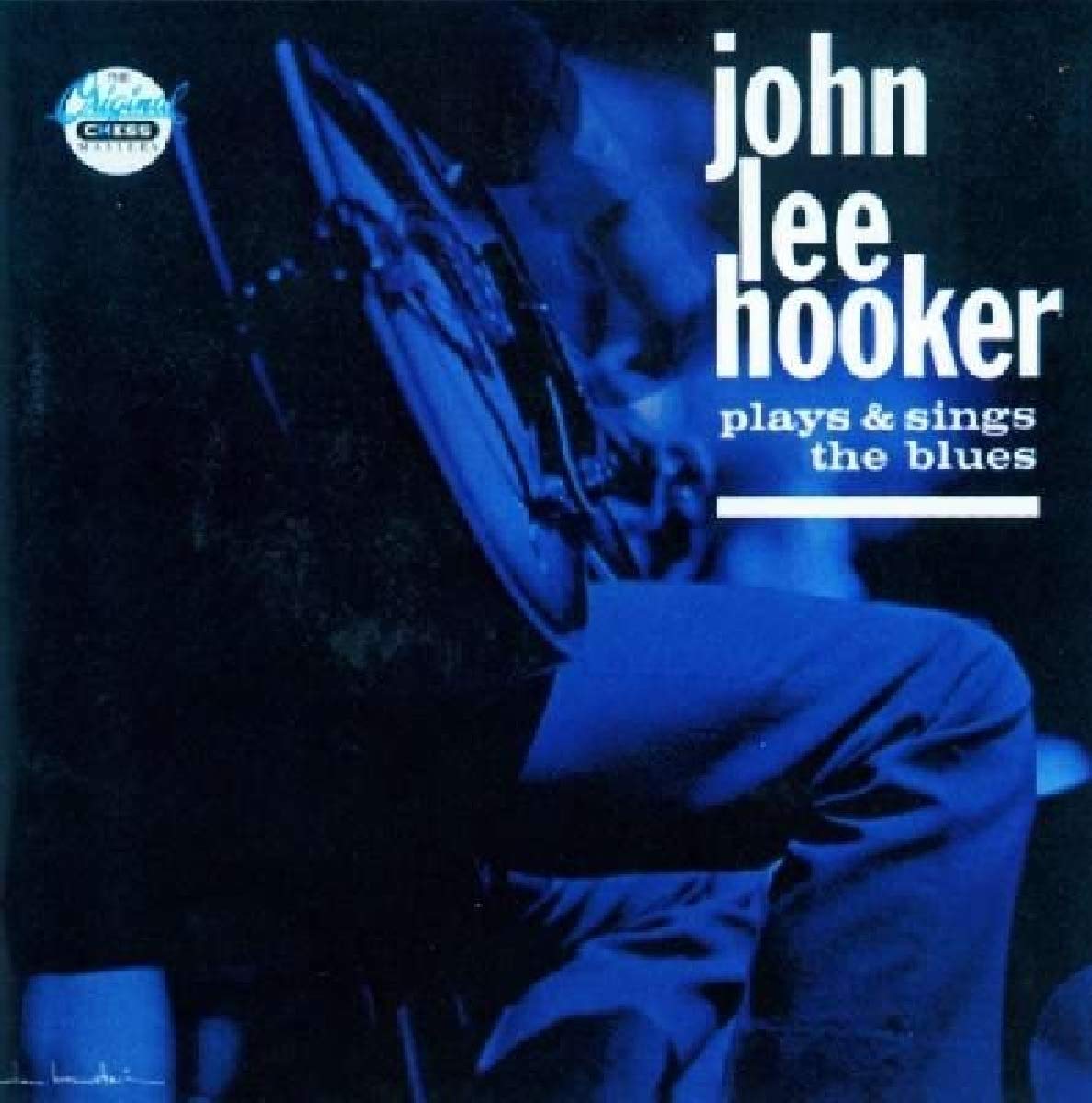
There’s a spell woven into “Hobo Blues,” where his guitar and voice speak of wandering roads and a loneliness that’s as vast as the American landscape itself. “One Bourbon, One Scotch, One Beer” feels like a night of bad decisions rolled up into three bottles of regret, each note soaked in whiskey-soaked lament. And what can be said of “No Shoes,” a lament for poverty that aches with the weight of deprivation, yet carries in its bones a fierce pride.
Hooker’s guitar wasn’t for the faint-hearted. His playing was not a show of virtuosity, but an elemental force, stripped of all artifice. The minimalism was the beauty—a pulsating rhythm, a few sparse notes, and a voice that slid over the top like molasses, slow, sticky, and impossible to forget. There was no flash—only the raw essence of emotion itself, laid bare in every twang of the string. It was a sound that influenced not just bluesmen but every guitarist with an ear bent toward the heart of the matter.
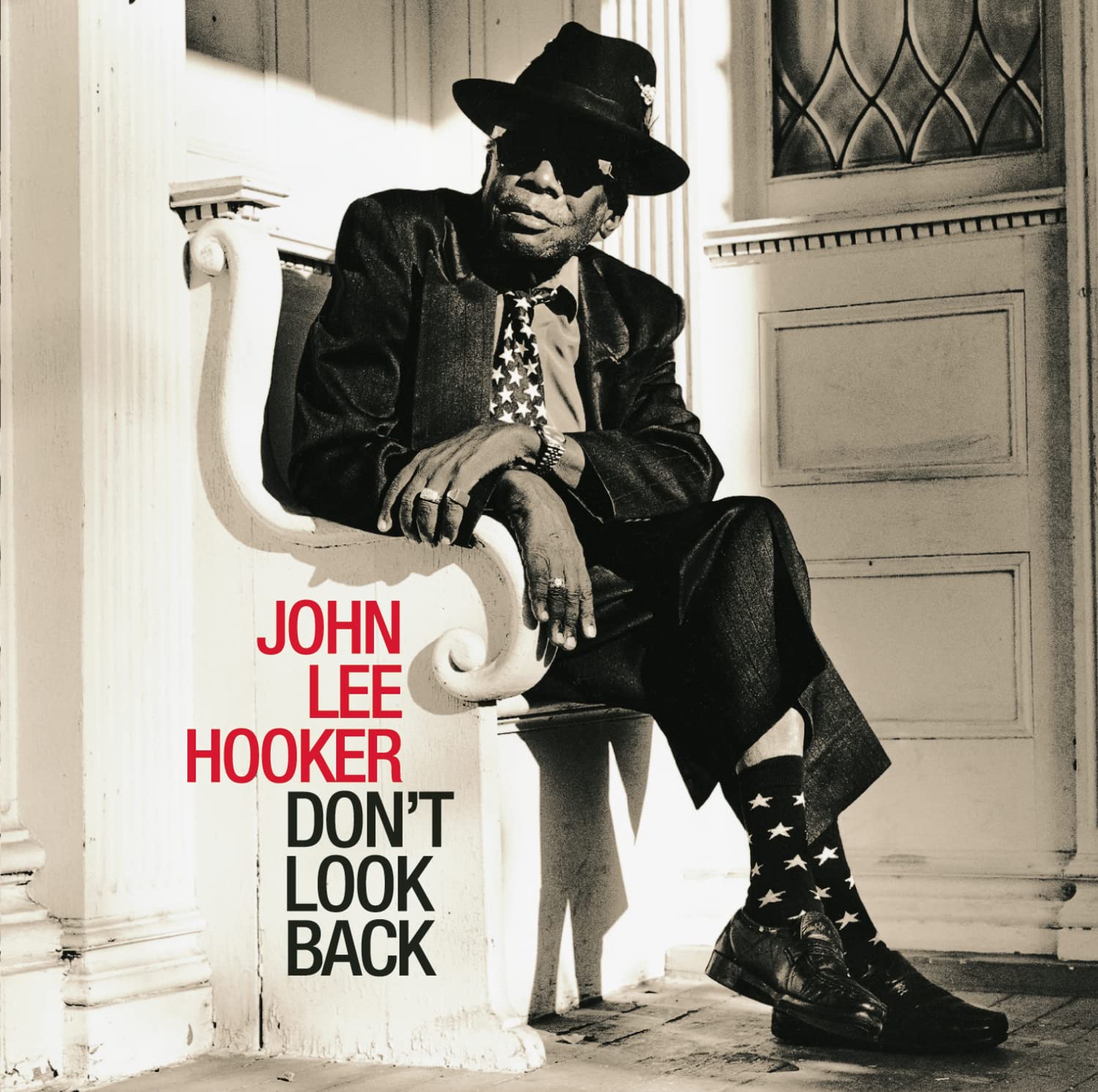
From the British Invasion rockers who stole his rhythms and tried to mimic that growl, to the countless blues musicians who sought to catch a fragment of the magic he could so easily conjure, Hooker left his mark. Bands like The Rolling Stones, The Animals, and even young kids picking up guitars in smoky rooms all took a piece of that John Lee Hooker fire and tried to make it their own. But no one—no matter how skilled—could summon the spirits quite like Hooker. He didn’t just play the blues; he embodied it.
His legacy stretches across time like a shadow that refuses to be banished. Every note he played felt like it had been dug from the deepest chasm of the human soul, and his influence reverberates to this day. The blues as a genre is full of pain and joy, love and loss, but John Lee Hooker? He distilled all that and more into a sound that was uniquely his—a sound that, once heard, never left you.
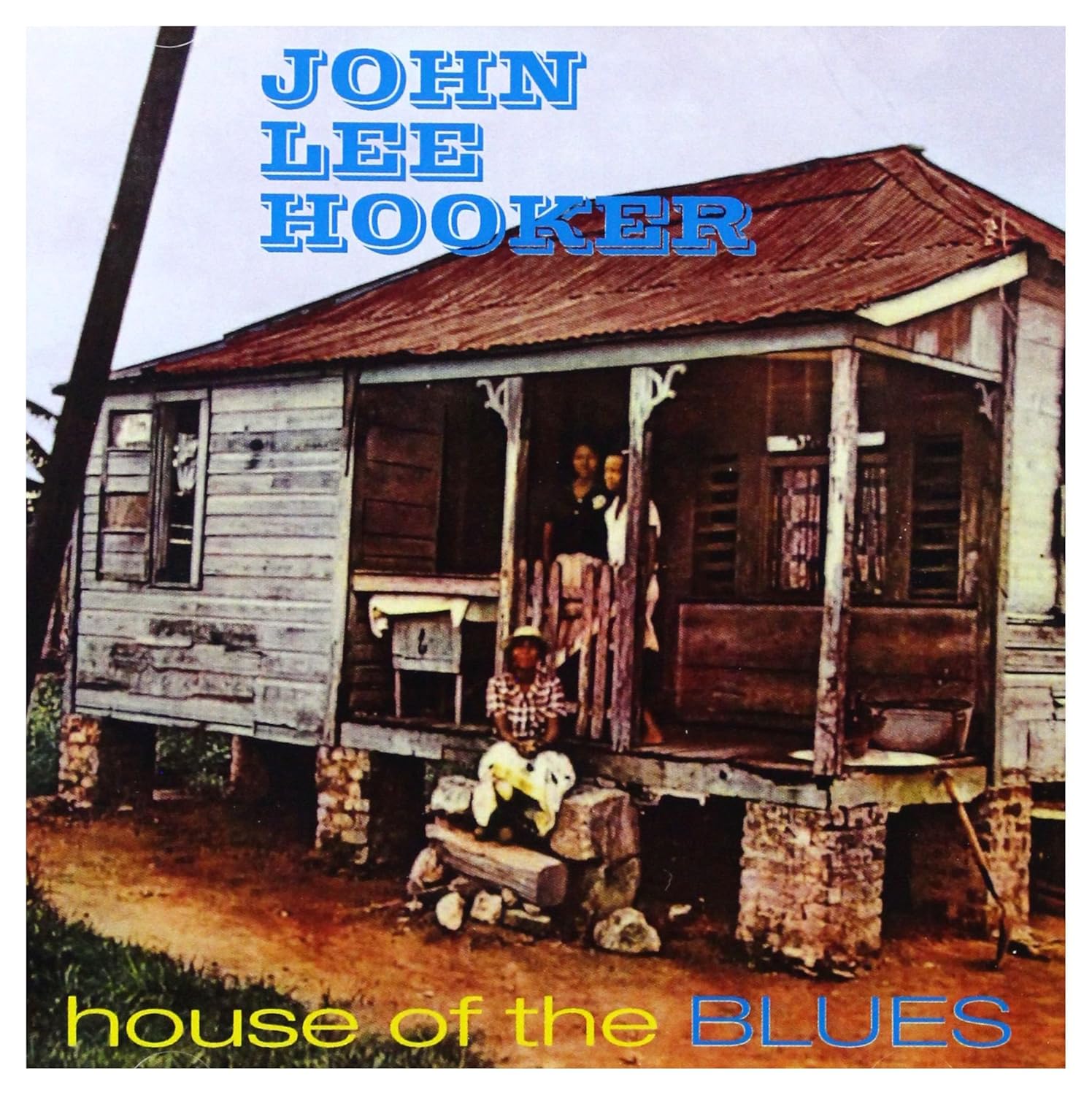
In the gathering dusk, as guitars continue to hum in the hands of the next generation, John Lee Hooker’s notes still echo—forever playing in the background, a quiet reminder of the power of simplicity and the depth of feeling that a single man with a guitar can bring to the world.





